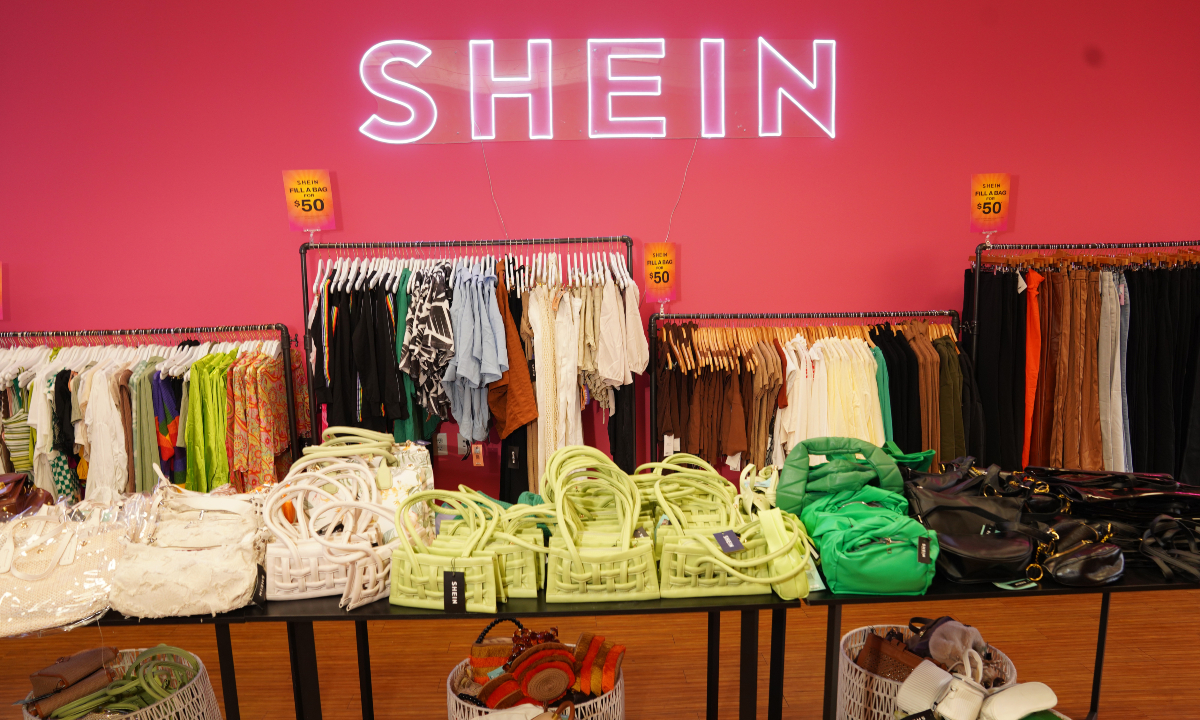After years of having their work stolen, independent designers are striking back at Shein with a lawsuit for copyright infringement and racketeering. This is far from the first time that the fashion retail giant has found itself in legal trouble since its inception in 2008. Shein has been accused of stealing intellectual property (IP) from both major brands, like Levi Strauss & Co., and from smaller fashion brands and independent fashion designers and artists. The number of accusations of theft from independent designers though, is far higher than the number of big brands that have publicly taken action against Shein over allegations of theft. Dozens of indie designers have levied accusations against Shein for stealing their designs, with some creators even documenting their evidence on social media.
One woman was even shocked to find that Shein had stolen her face to print on its clothes. While some of the accusations have gained traction and led Shein to remove the stolen designs, most designers find themselves unable to take action against the multi-billion-dollar company due to limited resources. Additionally, there are likely countless designers whose stories simply weren’t able to gain traction or those who simply didn’t detect Shein’s theft since the company releases up to 1,000 new designs per day.
Of course, Shein’s business model isn’t sustainable. Releasing thousands of new designs per day and selling them to customers at unheard-of low prices doesn’t work without cutting corners. This can be seen in the disturbing working conditions at Shein’s factories, the poor quality of its clothes, and the number of individuals who have claimed that Shein created and sold exact replicas of their designs. Hopefully, this new lawsuit against the company will mean that Shein finally gets its comeuppance.
Indie designers hit Shein with a RICO lawsuit
On July 11, Shein got hit with a lawsuit from three independent designers levying some heavy charges against the company. Krista Perry, Larissa Martinez, and Jay Baron, who all claim to be victims of Shein stealing their work, banded together to file the lawsuit. However, their lawsuit isn’t just accusing Shein of copying their designs but also dives into how exactly the company is executing its theft and avoiding consequences for it. The plaintiffs claim that Shein uses an algorithm developed by its CEO Chris Yu to steal the designs of others.
This algorithm is allegedly adept at catching onto growing art trends, including those from independent designers, allowing Shein to identify trends and knowingly reproduce them in its factories. However, the company is careful to start out producing a very small amount of the copied design. This makes it easier for the company to quickly remedy a copyright infringement accusation if it arises early. If the infringement goes unnoticed, then they continue producing the stolen pieces. Additionally, when allegations do arise, Shein has some other tactics to avoid accountability. It has a very complicated corporate structure and consists of multiple entities, making it exceedingly difficult for artists to even know who or what to sue. This has been seen before, as Shein will often claim it was a “supplier” that produced the copyrighted material and will try to deflect blame.
What really sets this lawsuit apart from others is the plaintiffs’ claims that Shein has violated the Racketeer and Influenced Corrupt Organizations (RICO) Act. RICO was passed in 1970, largely as a means to combat the American Mafia because it heightened penalties for criminal acts committed by organized crime. It stipulates that anyone who commits at least two acts of racketeering in connection with a criminal organization can face hefty fines of up to $25,000 and up to 20 years in prison per criminal charge. What the plaintiffs are doing is using Shein’s complicated corporate structure against the company. Because its structure consists of multiple entities and is “decentralized” to avoid liability, the lawsuit argues it isn’t a single entity, but an organization of entities that can all be held liable for copyright infringement and racketeering under RICO.
The plaintiffs are seeking monetary damages and for the Shein defendants to be prohibited from continuing their criminal activity. Shein has not publicly responded to the lawsuit, but it is attracting attention. The RICO component means that the company is being accused of some very serious crimes, and if convicted, the penalties are going to be much harsher than a copyright infringement lawsuit would normally entail. These plaintiffs definitely have an uphill legal battle ahead of them, but the lawsuit sends a clear message that Shein isn’t immune to legal action from the indie designers it allegedly continues stealing from.
(featured image: Presley Ann / Getty Images)









Published: Jul 13, 2023 08:13 pm